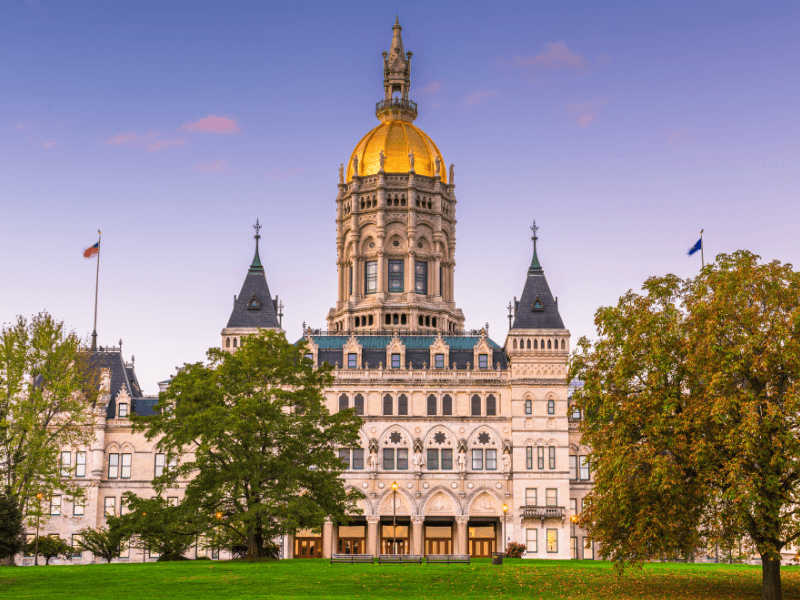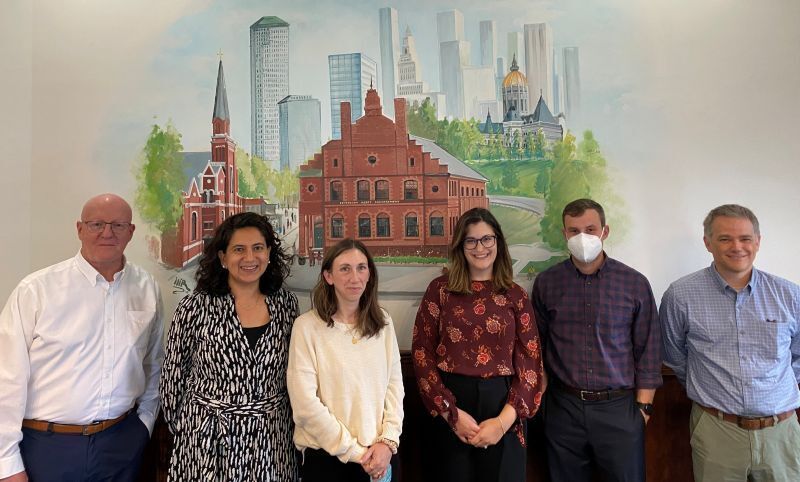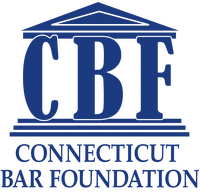-
CBF is the primary funder of civil legal aid services in Connecticut
IICJ Legal Services Grants, CBF's primary grant program, combines Interest on Lawyers Trust Accounts/Interest on Trust Accounts (IOLTA/IOTA); Court Fee Grants-in-Aid (CFGIA); and Judicial Branch Grants-in-Aid (JBGIA).
In 2026, CBF's Board of Directors approved $24.5 million in funding to 12 organizations within Connecticut's legal aid network. This funding supports programs that help people access basic needs, support those struggling with housing, protect victims of domestic violence, help families struggling with crises, and more.

Grant Eligibility:
*The 2026 IICJ Grant application for Jan. 1, 2026-Dec. 31, 2026 was open from Friday, Aug. 22 through Sept. 12, 2025.
Connecticut General Statue 51-81c stipulates that CBF’s Legal Services Grants (IOLTA/IOTA; JBGIA; CFGIA) fund nonprofit organizations whose primary purpose is to provide civil legal services to low-income people in Connecticut.
An IICJ grant recipient must:
- Be a nonstock nonprofit corporation qualified as tax exempt under Sections 501(a) and 501(c)(3) of the Internal Revenue Code;
- Have as its principal purpose the delivery of legal services to the poor in Connecticut;
- Have certified financial statements for the three preceding years and have an appointed independent certified auditing firm; and
- Have registered with the Connecticut Department of Consumer Protection.
Nonprofit organizations that meet the above requirements and are interested in applying for a grant may fill out a preliminary form that CBF will review to assess eligibility. Funding decisions are made by the CBF Board of Directors, in consideration of the Grantmaking Committee's recommendation.
*New applicant inquiries must be received by July 1st in order to be considered for the upcoming grant cycle. The application will be shared with eligible organizations when the cycle opens in August.
-
 Supporting Legal Aid
Supporting Legal Aid -
CBF is proud to support grantees like the Connecticut Fair Housing Center, whose work helps people solve life-changing legal problems. Image Left: CBF staff and Board members visit CFHC's office, located in the former Capewell Factory, built around 1900.








